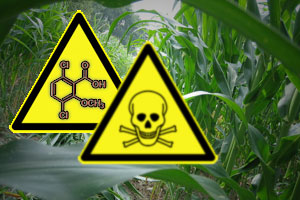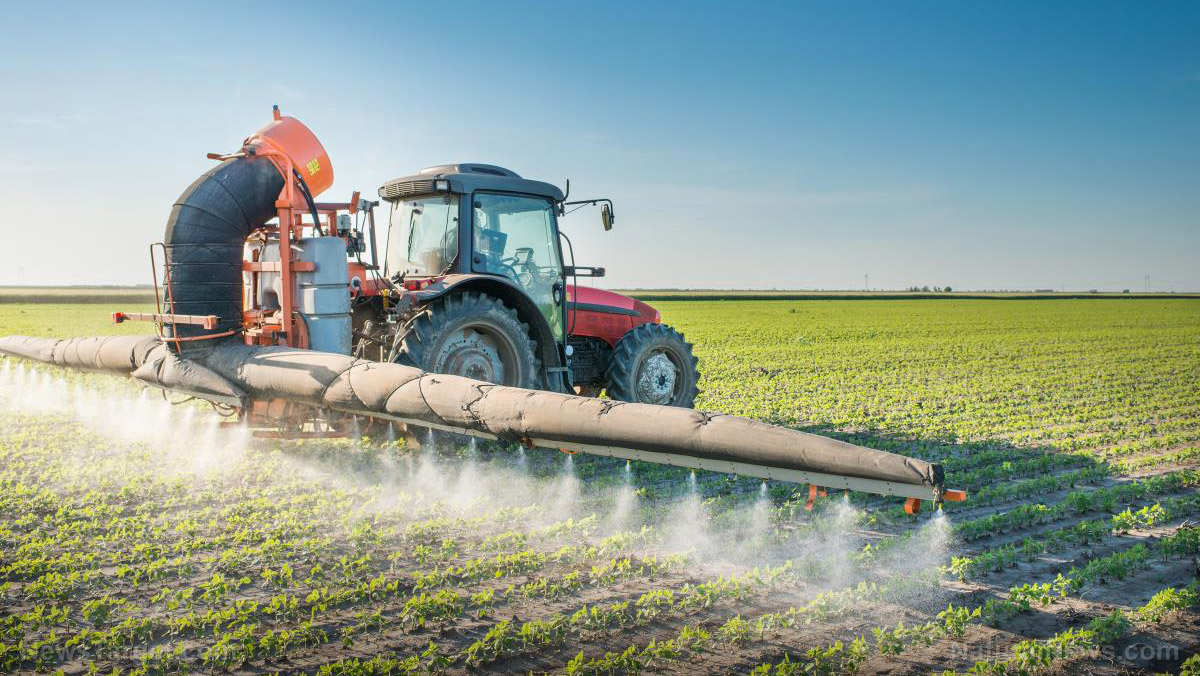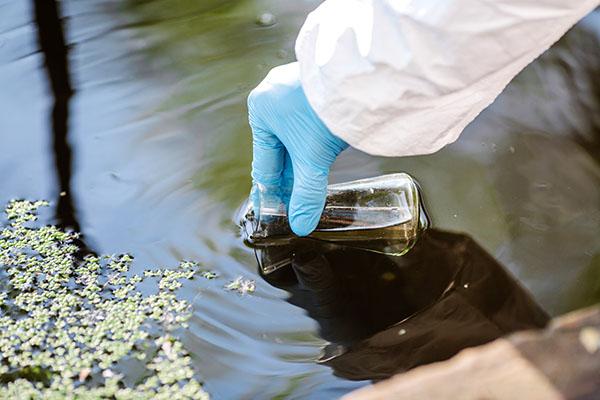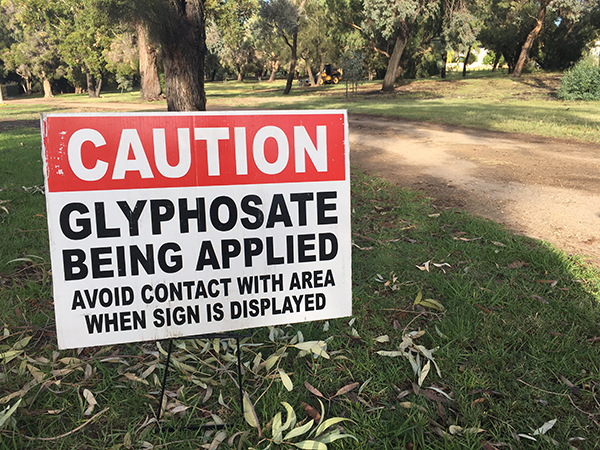70% of pregnant women in Indiana have herbicide linked to cancer in their urine
03/05/2024 / By Cassie B.

In Indiana, one of the nation’s key agricultural producers, people are being exposed to toxic herbicides in shocking amounts, a new study has revealed, and countless unborn babies could be at risk.
The research, which was published in the journal Agrochemicals, showed that 70% of the pregnant women who were tested in Indiana from 2020 to 2022 had high volumes of dicamba in their urine – a sharp jump from the 28% found in an analysis a decade earlier.
In addition to the higher percentage of women having the chemical in their bodies, the concentrations they contained also went up more than fourfold, going from 0.066 up to 0.271 micrograms of dicamba per liter of urine.
Dicamba is typically sprayed on crops such as soybeans, cotton, corn and wheat. Although the U.S. Department of Agriculture has said that residues of this toxic substance in food are minimal, the Environmental Protection Agency admits it can evaporate and then spread through the air. It is known for being especially volatile when sprayed on fields and can travel far distances, which means that exposure isn’t only taking place on farms where it is used. It has been found on non-target crops, as well as in rain and on trees growing miles away from fields where it was originally sprayed. The chemical has been associated with a greater risk of liver and bile duct cancers.
The study also assessed the presence of the common herbicide 2,4-D. It was found in the urine of every woman tested, although it did not rise significantly over the amounts detected a decade ago. Studies in animals have shown that exposure to 2,4-D in pregnancy can change the behavior of offspring and reduce their body weight. It has also been linked to kidney and liver damage, as well as lymphoma.
Indiana University School of Medicine Clinical Professor of Pediatrics Paul Winchester, who was not part of the study, said the findings were “sobering” and that both chemicals are highly concerning because they are being used in increasing amounts.
He added: “Fetal DNA is being shaped by these exposures. What we’re seeing in other chemicals that have had longer pathways of study is that this is not benign exposure.”
The study is just the latest in a long list of research demonstrating that people who live near farms are exposed to dangerous agricultural chemicals that can impact their health. Their effects on pregnant women and their children are particularly concerning.
The authors of the study are calling for exposure to this herbicide to be tracked and for pregnant women in these areas and their babies to be monitored for side effects.
Herbicides are putting human health at great risk
They note that most of the soybeans and cotton seeds currently being sold and grown in the U.S. have been genetically engineered to tolerate herbicides such as 2,4-D, dicamba and glyphosate, which has also been linked to cancer and a slew of other health concerns.
Study co-author Charles Benbrook, who has served as an expert witness for cancer patients in lawsuits against glyphosate manufacturer Monsanto, said: “There’s no other way to explain a fourfold increase in dicamba in the urine of pregnant women in the Midwest other than the planting of these technologies.”
“This is a technology they probably should never have approved,” he added.
A federal court in Arizona recently vacated the registrations of the chemical, effectively banning it, but the EPA intends to continue allowing millions of gallons of the dangerous weed killer to be sprayed during the upcoming growing season.
Sources for this article include:
Submit a correction >>
Tagged Under:
agriculture, cancer criminals, Dangerous, dangerous chemicals, Dicamba, Ecology, environment, herbicide, herbicide exposure, herbicides, organic farming, research, toxins, weed killer, women's health
This article may contain statements that reflect the opinion of the author
RECENT NEWS & ARTICLES
COPYRIGHT © 2017 CANCER CAUSES NEWS




















